Ihumātao: Privilege and Responsibility
It’s been over 3 weeks since I visited Ihumātao and my stomach is still churning every day, my mind trying to hold steady as the waves of love, pride, grief, and anger crash into each other and threaten to tip me off balance - as I sit in my office chair and attempt to write emails and answer phone calls. I feel the burning need to write something about my experience and what I’m learning. So here’s a letter to all my fellow people of white privilege (especially people who identify as christian) - we need to talk about Ihumātao.
I’m not an expert on these topics and I will be making generalisations so I’m sorry for that in advance, but I’d rather talk about this imperfectly than not at all. I know I don’t have all the answers but I feel the need to be straight about this. I’ll share some of my photos from Ihumātao here too, but because I’d rather focus on this important conversation in this blog post, the stories that go with the photos will be in the captions on instagram as I slowly share them over there.
I shot a couple of rolls of colour on the Hasselblad 500CM, but mostly Tri-X 400 black and white 35mm film as I wanted to draw some parallels to Bastion Point. I struggled with feeling disingenuous while taking photos since I was only going to be there for two days - this is the kind of thing that requires a long-term commitment (like what Jos Wheeler is doing), and I didn’t want to be seen as going there to take photos for my own gain, but my gut feel was that I needed to go anyway. I was made to feel so welcome and I’m so glad I went. It was worth it just to be there to show my support, and to learn and be transformed by the experience. The photos are just an added bonus that I hope will give you an idea of what I felt at Ihumātao.
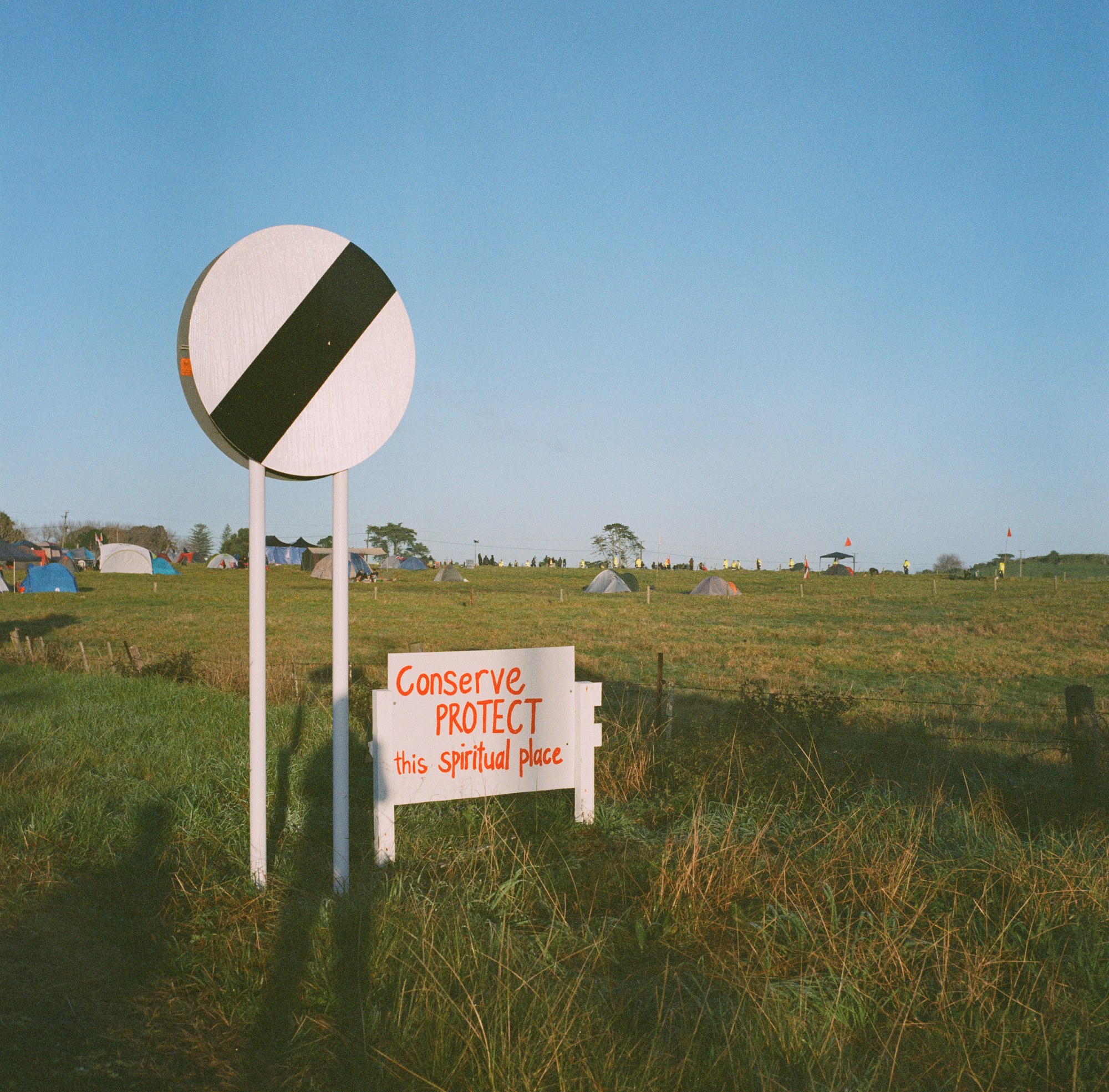
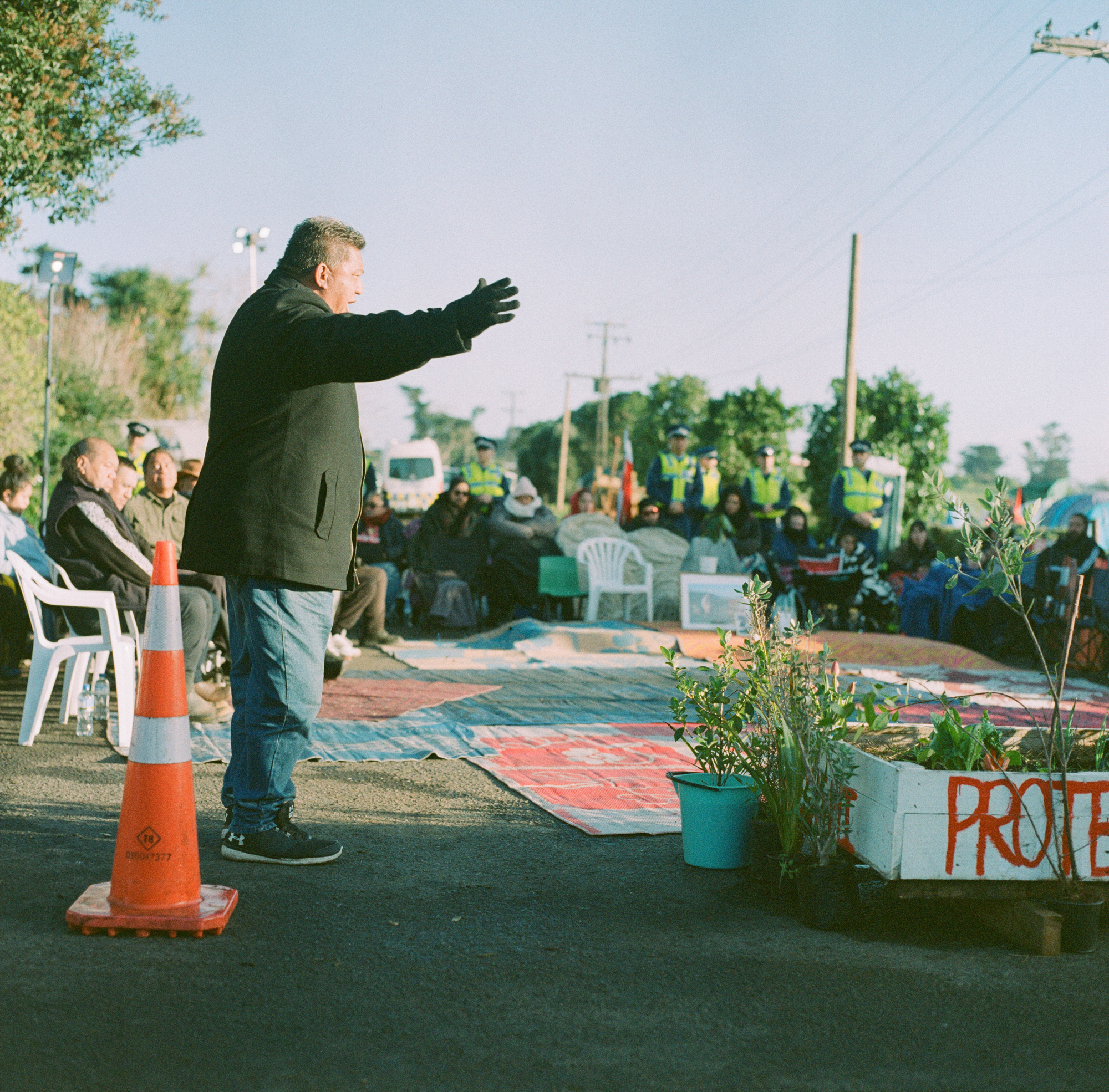
Sources of information.
Firstly, a word about information. Don’t believe everything you see in the traditional media, and don’t take snippets of coverage as a complete picture of what is going on. The movement at Ihumātao is the most beautiful, peaceful, and heartbreaking movement I have experienced, and brief slots in the news will never do it justice. It’s really difficult to try and explain the effect my visit has had on me. I could just feel everything so intensely - the peacefulness, aroha, and resilience from the protectors and leaders, the strength and importance of the land, and the shared grief in the air, like the morning fog - rising from the ground and lingering among us. Honestly, I’m still processing it all and I think it’s going to take a while.
Check out the links below, and see my instagram posts for more about my experience there.
Best of all, visit Ihumātao if you can - I promise you will find the people super welcoming. The day I was there, people were being welcomed on to the whenua all day, a never-ending supply of food was passed around, people were made to feel welcome and you could just feel the aroha.
Cultural worldview.
We need to recognise that we all have a lens through which we view the world, and one major factor that shapes this lens/worldview is the culture we are surrounded by. I am not Māori and I didn’t grow up with much exposure to the culture other than the odd song, performance, or pōwhiri. The way we Pākehā view and experience the world is going to be very different to a person that has grown up immersed in Māori culture. For example (again, I’m generalising here) - the western worldview says that land is an asset to be owned, traded, worked for profit or enjoyment, as the owner sees fit. Māori worldview says that we all belong to the land, the land is our mother, she provides for us and is to be respected and protected. It is hard to understand the depths of the second concept if you can’t momentarily attempt to put aside that european lens we’re looking through! But how much more rich, Christ-like, and important is that concept? And side note for christians - we need to identify the western european worldview that has filtered the message of Jesus into the faith tradition we have today, and try to hear his teachings like his original audience did. Remember, Jesus was an indigenous and political revolutionary in a land under occupation of an empire.
It is super important to acknowledge the limitations and bias of our worldviews, because our lens effects the way we see everything.
Privilege.
I’ve been on a journey of waking up to the ways that white privilege, racism, and the effects of colonisation still exist in Aotearoa today. Once you see, you can see it’s subtle and not-so-subtle effects everywhere. I’m not going to make the argument here so I’ll link a great write-up that talks about this: Racism and White Defensiveness in Aotearoa: A Pākehā Perspective. Read with an open mind (looking outside of your experience and open to the experience of others)!
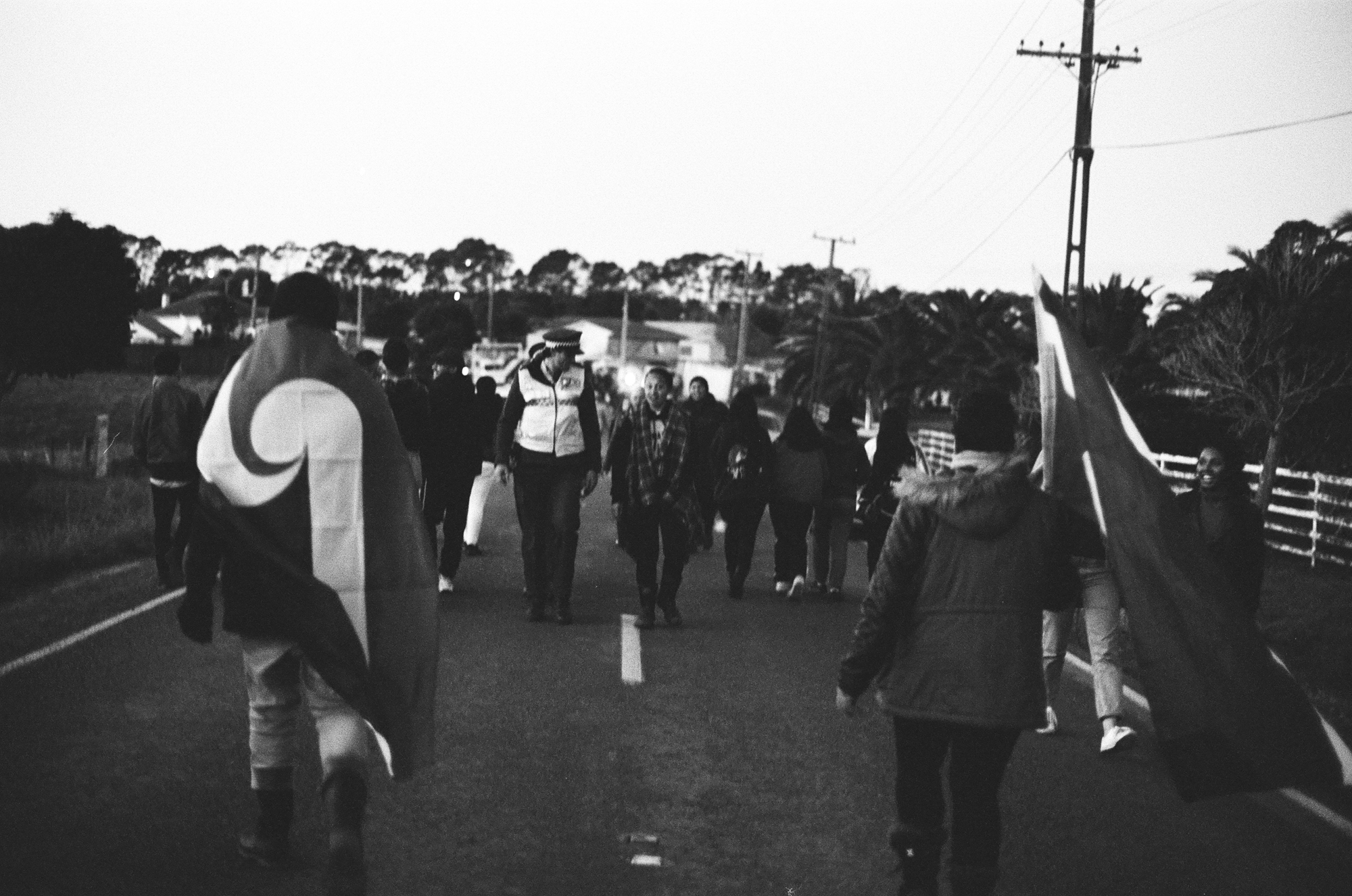
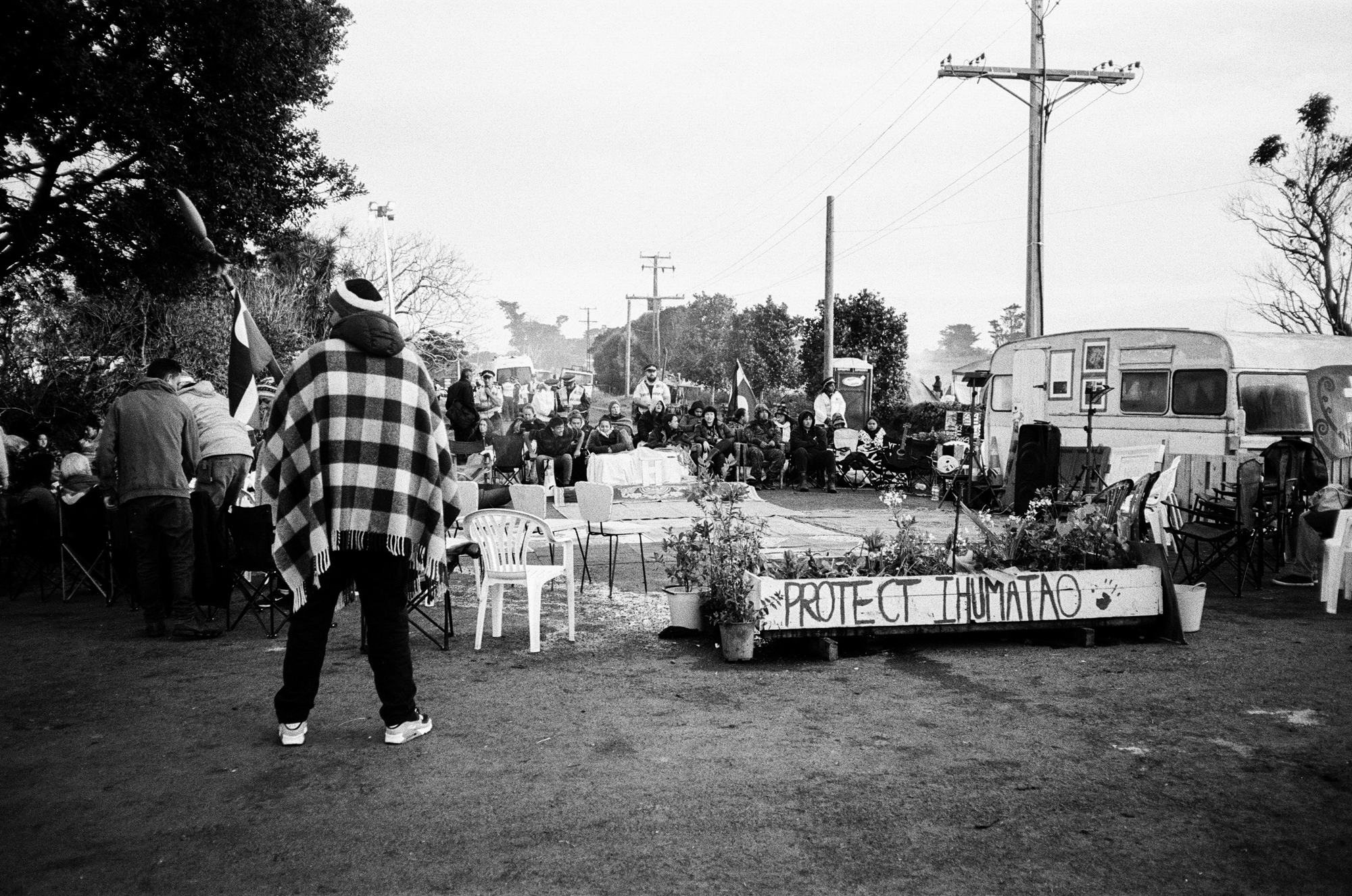
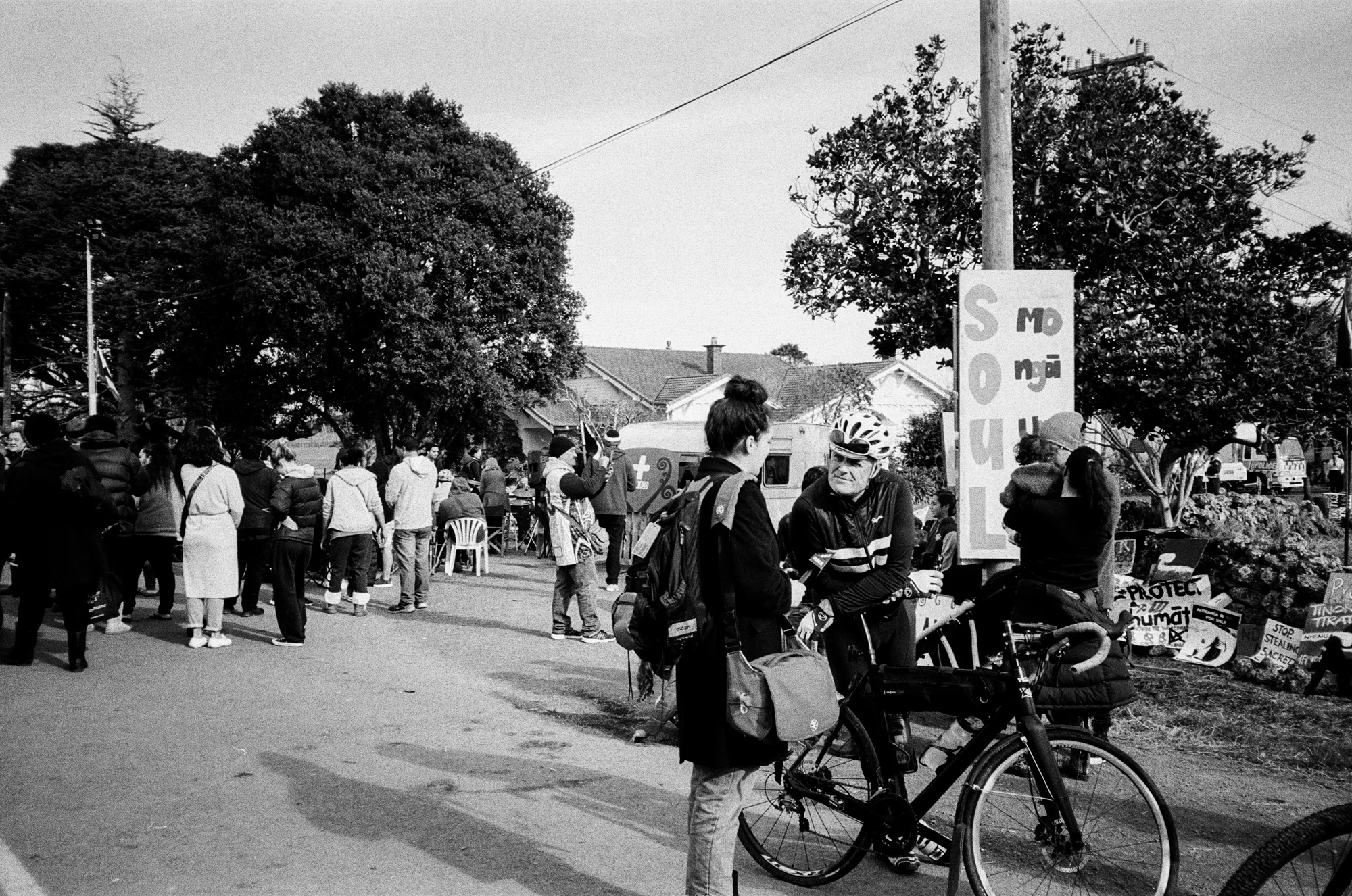
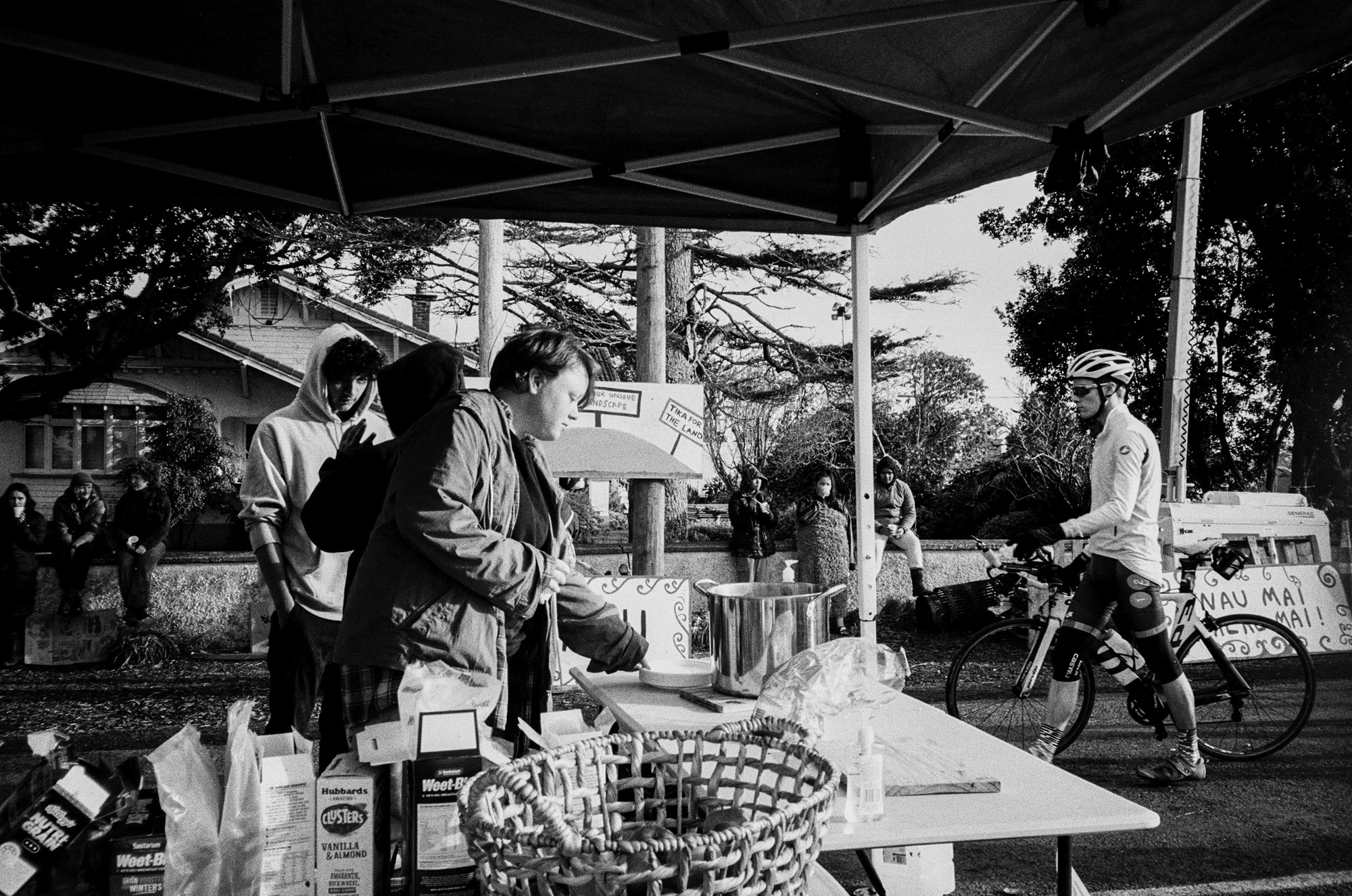
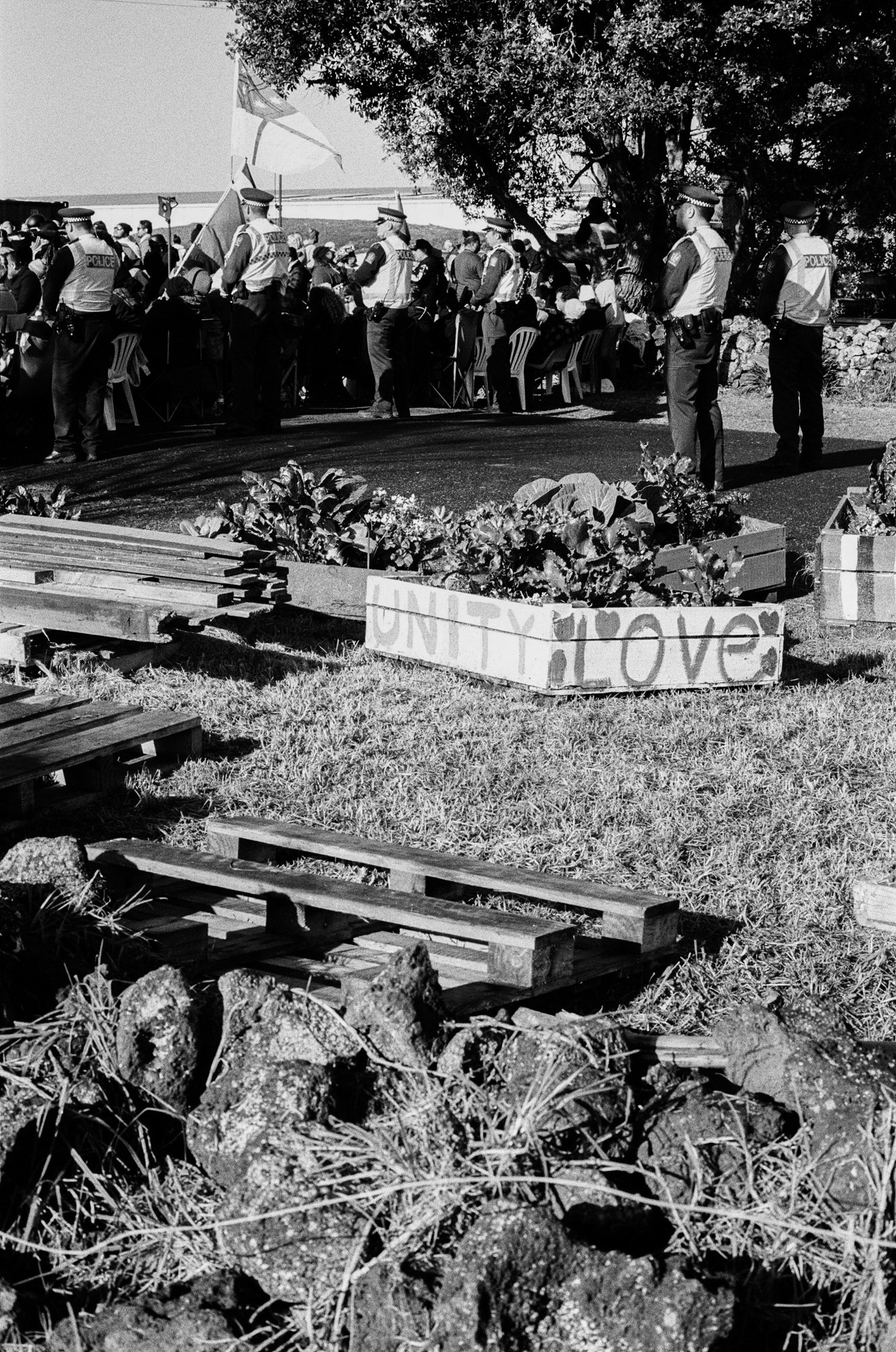
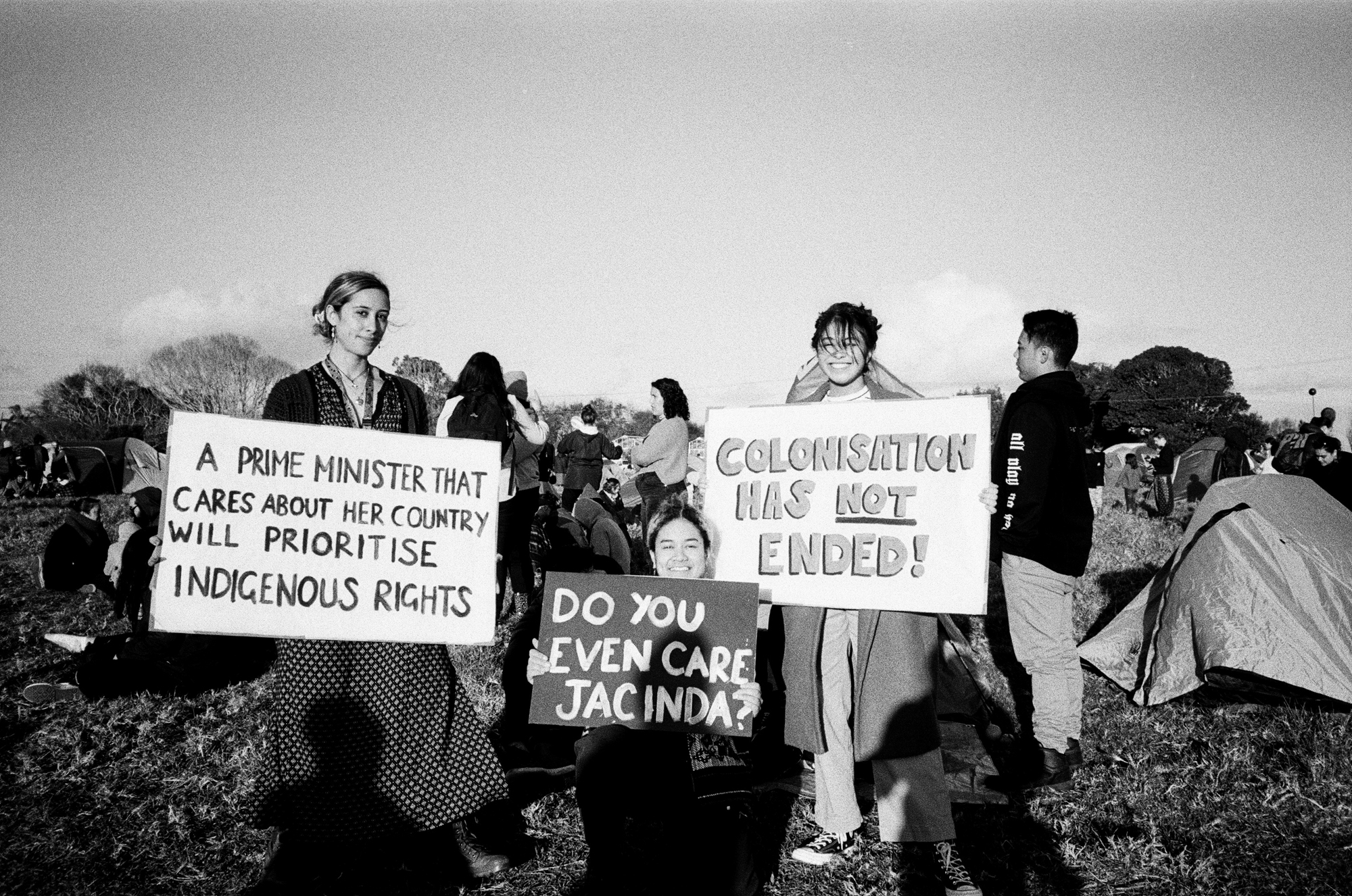
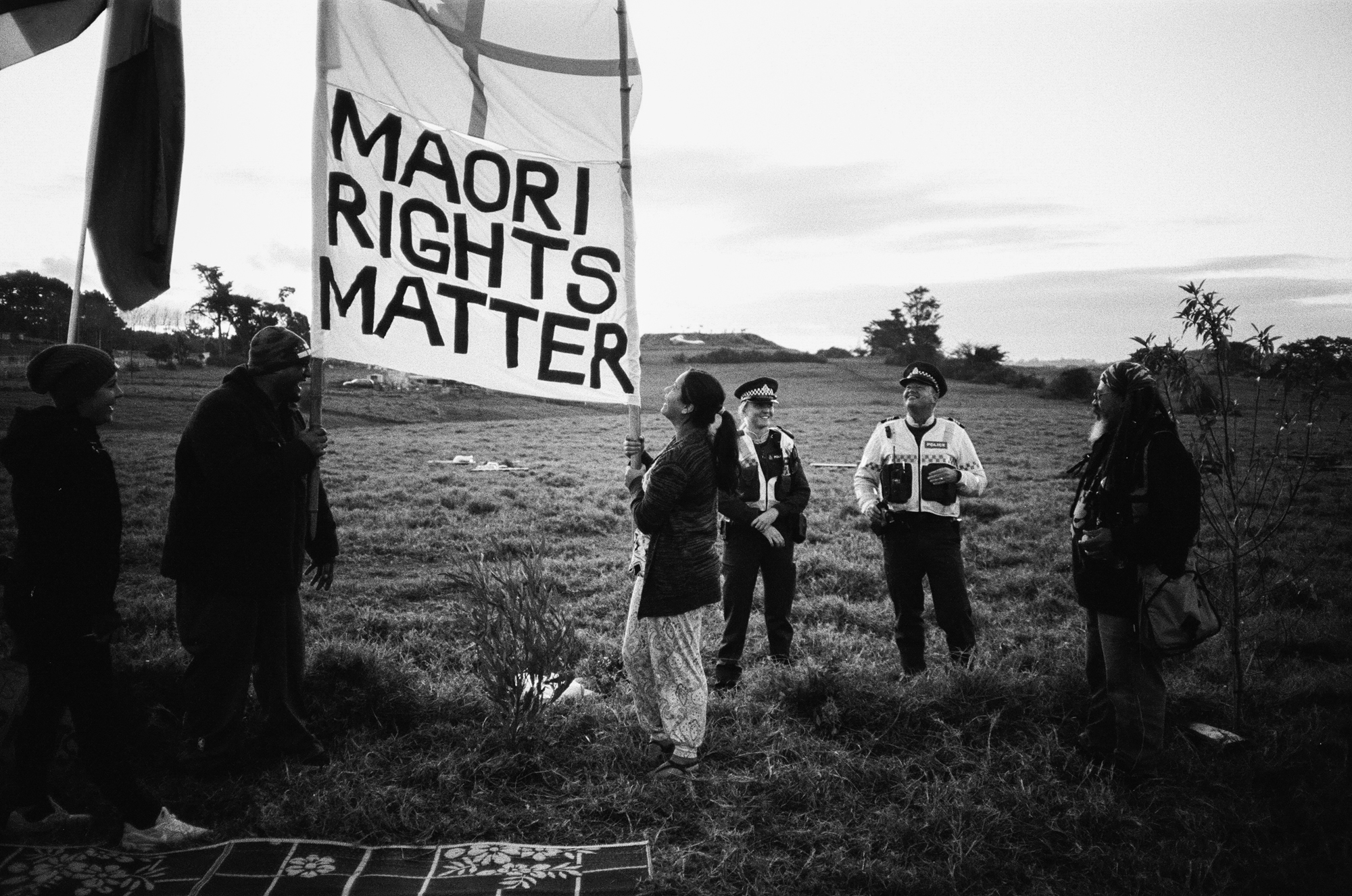
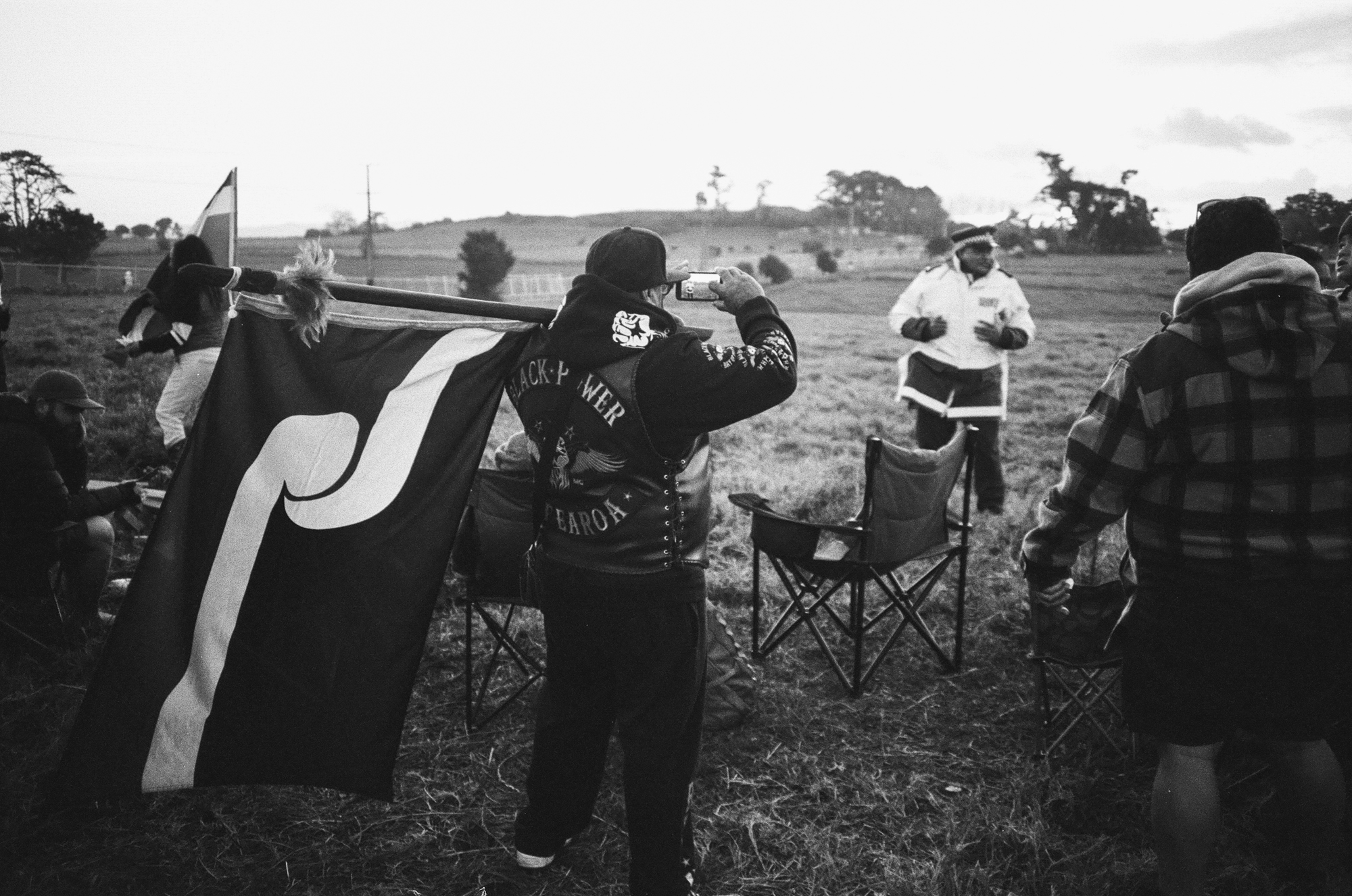
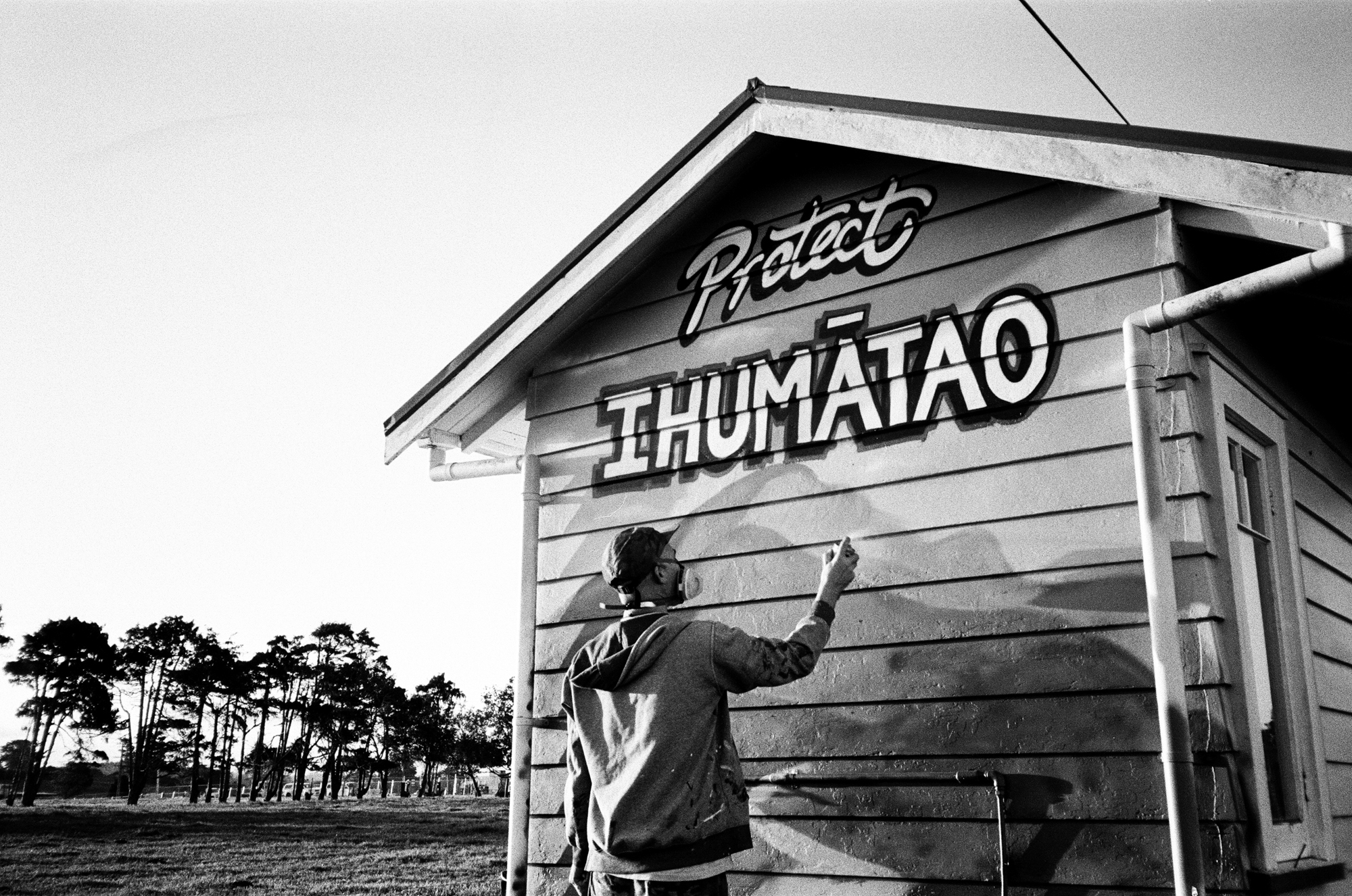
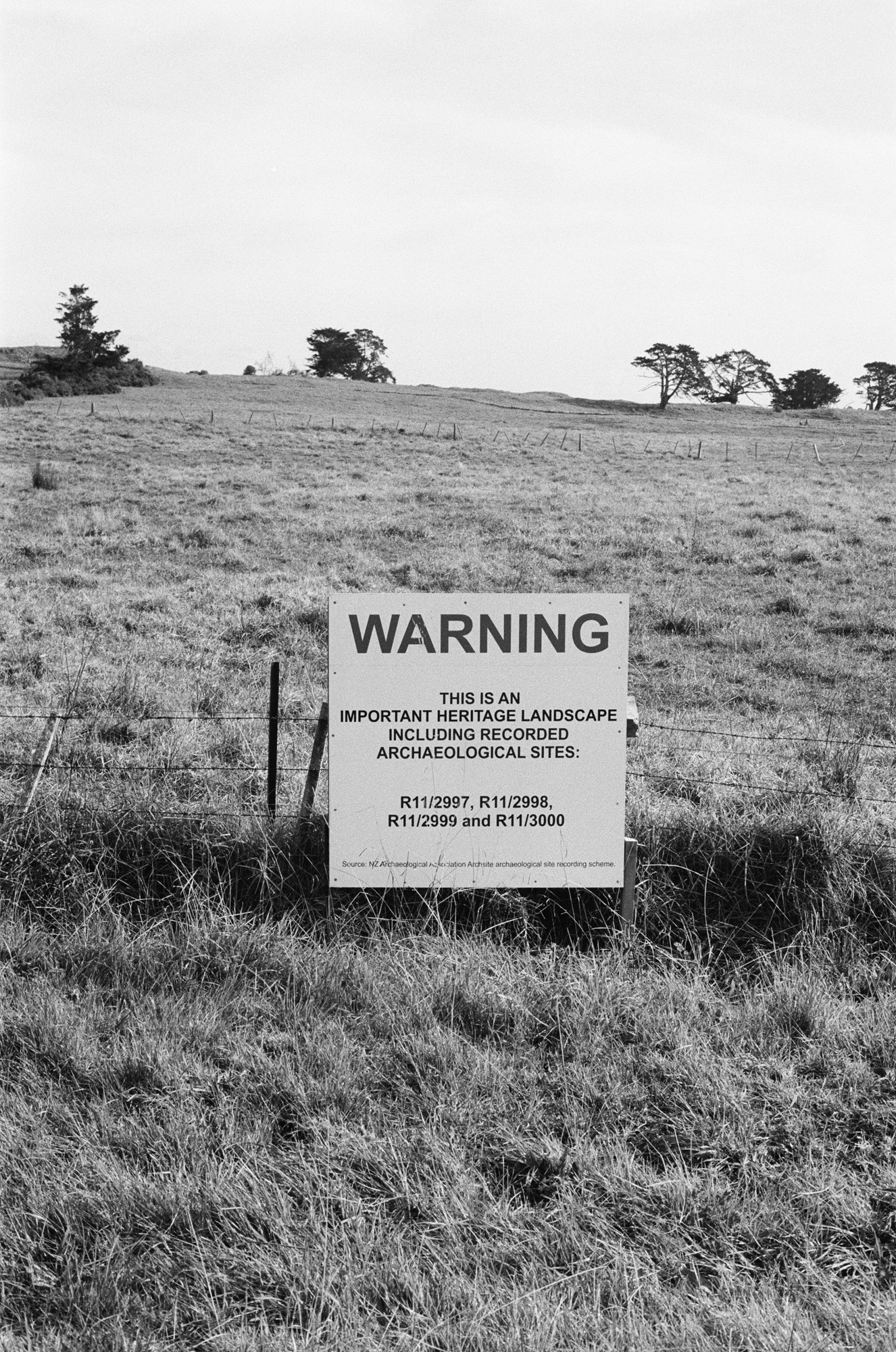
Responsibility - to understand and undo.
I’ve realised that privilege comes with a responsibility. If I’m privileged to gain enough money to put a deposit on a house, should I just clap my hands, buy my house and carry on living? Or as someone benefiting from the housing system do I now have a responsibility to help others who are being negatively affected by the housing system? As someone benefiting from privilege at the expense of those on the other side, should I just be grateful that I’m not the one on the other side, or should I be using my privilege to help with the work of balancing the scales? And what does it look like to “balance the scales”? I know I keep sending you off to read things but Murray Rae makes some great points about justice and scale-balancing in relation to Ihumātao here: Notions of achieving justice tested.
Let me be clear about what I believe - if you (like me) benefit from this lopsided system, then you have a responsibility here. You have to step outside that cosy worldview and confront yourself with the reality that others are living with. You need to make steps to begin understanding what it feels like to be on the other side of racism and colonisation. What it feels like to live with the generational wounds from the horrific acts in the history of “New Zealand”. You have a responsibility to try to understand what this movement wants and why, and how we can seek justice together.
We also need to understand how vital the deep well of tradition and knowledge found in Māori culture is to our country - there is so much we can learn from if we can be open and trusting. I really believe that Māori culture holds keys that can help us all to heal. This is so much bigger than a land dispute. We’re looking at the generational effects of colonisation, a flawed system, profits vs people, the sacred feminine, the environment, religion, justice, and an empowering of people who have had enough. Ihumātao feels like a glimpse of what this country could look like if Māori were truly respected as kaitiaki (guardians) of Aotearoa.
I believe understanding is the first step. Please try to listen and understand before you form and verbalise your opinion. Once we start understanding the Māori experience in Aotearoa, the importance of this movement will start to become clear and the undo-ing (decolonisation) will gain more traction.
I’m sorry for the amount of generalising I’ve had to do here, but I hope you can see where I’m coming from. If there is healing to happen in this country, we all have a part to play.
With privilege comes responsibility.
-Sam



















